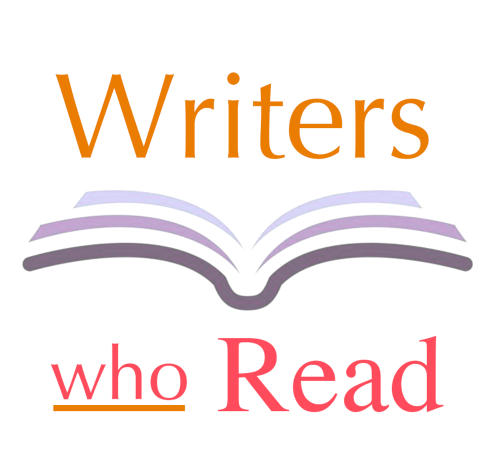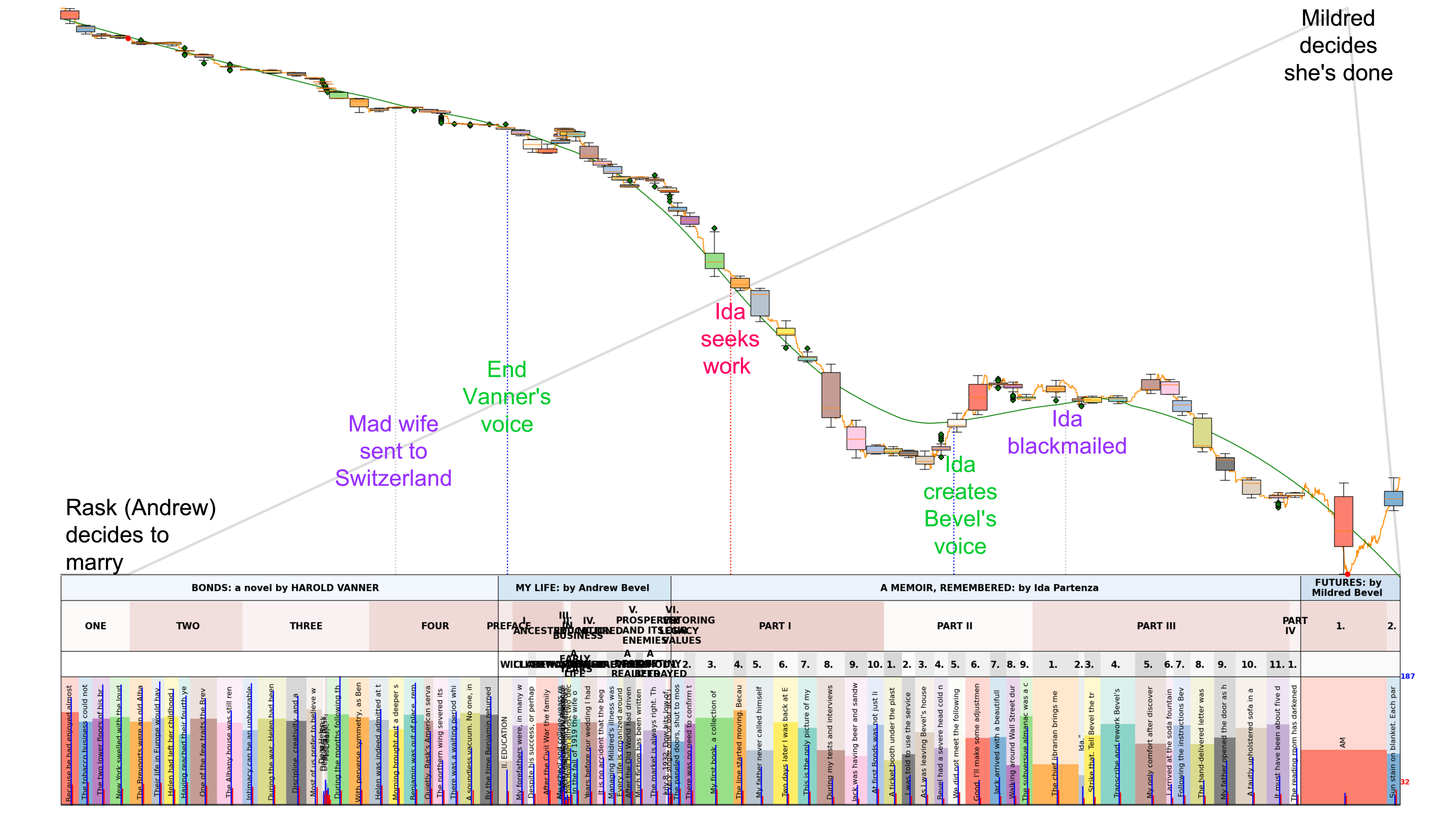Agenda
- Why We're Here / Roundtable Rules
- Introduction to Literary Forensics
- Group Discussion
- Further Study
Why We're Here
We writers want to improve our craft
by reading like a writer
We learn from each other
using Literary Forensics
Roundtable Rules
Always refer back to the book
Practice active listening & serendipity
Every feeling and observation is valid...
but not every conclusion
Always refer back to the book
Reading Teaches Writing
Meet today's author: Hernan Diaz
- Born in Argentina, moved to Sweden, London, and now lives in Brooklyn.
- Author of two novels, In the Distance (2017) and Trust (2022)
- In the Distance won the following awards in 2018: William Saroyan International Prize for Writing for Fiction, VCU Cabell First Novelist Award, Prix Page America Award, New American Voices Award, and was finalist for the Pulitzer Prize for Fiction and the PEN/Faulkner Award for Fiction.
- Writing credo: "Literature is written primarily with other literature . . . Literature is a very slow conversation with authors that I love. I'm trying to respond to things that have moved me."
- "I think of myself as a writer of sentences." "I marked up all the commas in [Joan Didion's] White Album to see if I could use commas in a different way."
- "I write to music, or in libraries." "Most of my day is editing." "I write very little every day."
- Claims not to write drafts. Instead he iterates minutely over the text as he writes it. There isn't a second draft, he says. Uses OED extensively.
- Writes everything in longhand with the same fountain pen.
"Writing, for me, begins with reading."
- Hernan Diaz
What do you feel?
What in the book elicited that feeling?
Every feeling and observation is valid...
but every conclusion should be questioned
We practice serendipity
- nothing is too crazy
Always refer back to the book
What do you notice?

Writing Trust
- "The book is about having, or being denied, a voice," - Hernan Diaz
- Diaz knew early on that Trust would be in four parts/pieces. He developed a style guide for each section.
- "[T]o be deeply immersed in one narrative, and then there would be another one that would challenge everything that you had learned, even the way in which you had learned to read previously--that was the ultimate goal."
- "I tried to create this capital of goodwill with (the first novel), and then I just burn through it in the second book . . . and then the job was to rebuild that capital in the following books . . . That was part of the formal experiment of the book."
- Constructed in a trajectory from a formal novel structure to scattered fragments (modernism)
- Concerned with the visual construction of the page. Part 2: he went back and forth with typesetters to get the "look" just right.
- Researched on a Cullman Center Fellowship at the NY Public Library
- No physical descriptions for first 160 pages, entire first section. One line of dialogue. "I".
- "So many Easter eggs in the book, repeated from one section to another..."
- Names/Words are multifaceted
- - Trust, Bond, Futures
- - Harold Vanner = Vain + Vanish; Ida + Partenze = Departure
- - Benjamin Rask / Andrew Bevel: fr. Henry James's notebooks of made-up names
Stats & Background
- Marketing: Family Life Fiction, Historical Fiction, Literary Fiction
- Genre: Realistic Historical Long-Form Literary-Meta Mini-Plot
- Print Pages: 416; Word count: 93,424;
Reading Grade: 9th
Avg. wds/sent.: 13.34; Lexical Density: 46.03; Flesch Reading Ease: 63.22 - Part 1: 3rd person past; Parts 2-4: 1st person past
- Publish date: May 3, 2022
- Publisher: Riverhead Books
- Audio book length: (10 hours 21 mins); Narr. Edoardo Ballerini, Jonathan Davis, Mozhan Marnò, Orlagh Cassidy
- Prizes: 2022 Kirkus Prize, 2023 Pulitzer Prize for Fiction
- Acolades: Longlisted for the 2022 Booker Prize, Best Books of 2022: The Washington Post, The New York Times, The New Yorker, NPR, Time magazine, and Barack Obama
- Streaming: Being developed as a limited series for HBO

